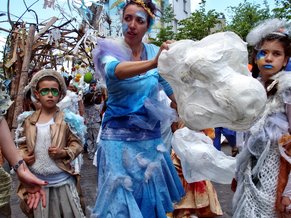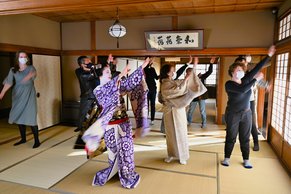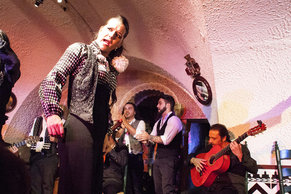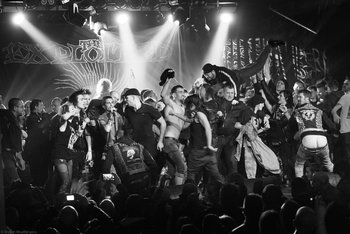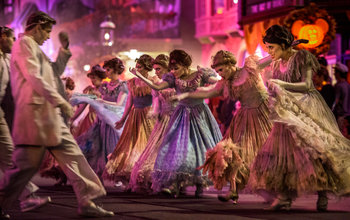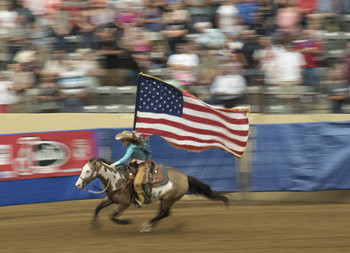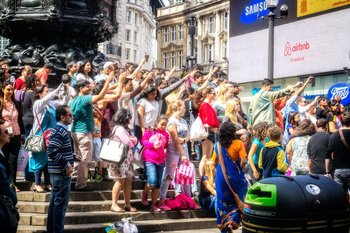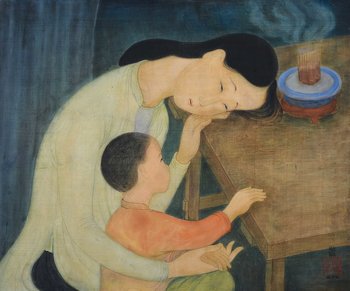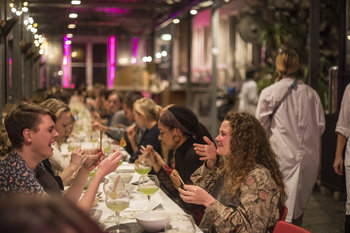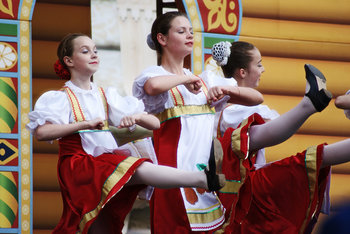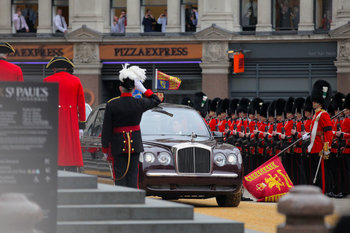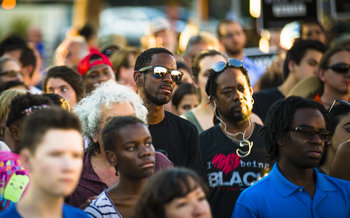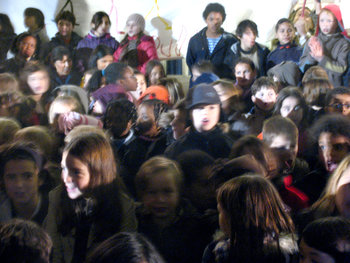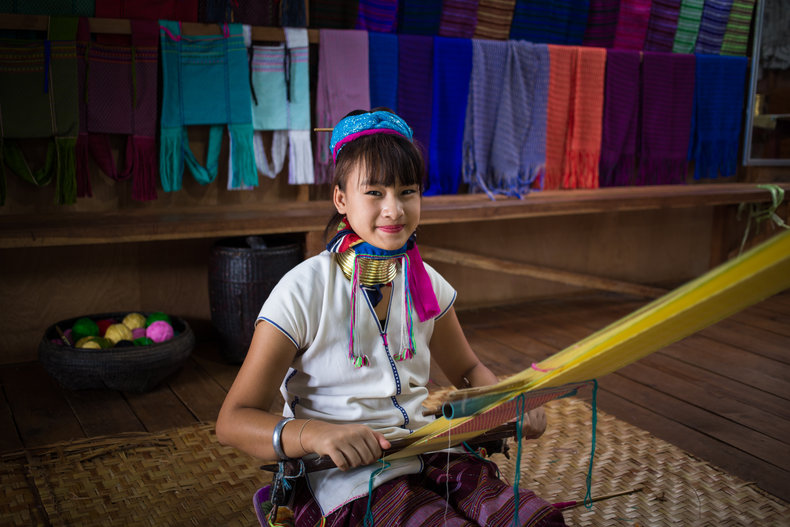
Ancestral worship | Close relationship with nature and dependence on natural resources |
Collective defense and protection | Communal ownership of land – may view large territories as ancestral lands |
Communal sharing of resources and responsibilities | Cultural taboos and prohibitions |
Customary laws and norms | Dishonor can result in social stigma, shame, exclusion or ostracism |
Division of labor often based on age, gender and status | Elders as authority figures |
Emphasis on verbal communication | Establish boundaries and borders – possibility of territorial disputes with outside groups |
Extended family structures | Folklore and mythology at the center of culture |
Hierarchical social roles | Honor code - unwritten rules and expectations |
Honor-based society | Intergenerational transfer of knowledge and skills |
Knowledge of local flora and fauna | Land and territory is closely tied to sense of identity |
Limited division of labor | Limited freedom of movement – may be expected to stay within community lands |
Limited individual property ownership | Limited individualism |
Limited interaction with outsiders | Limited social mobility |
Limited use of technology | May make some use of commodity currency or money |
Often involved in farming, hunting, fishing and/or gathering resources | Reputation is of utmost important |
Respect for ancestors | Respect for authority figures and elders |
Rites of passage | Rituals and ceremonies |
Sacred sites and rituals associated with nature | Seasonal celebrations |
Self-sufficiency with minimal reliance on external resources | Sense of collective identity |
Sense of community | Sense of connection with the past |
Sharing economy – reciprocity in the exchange of goods and services | Storytelling, music and ritual are used to pass knowledge |
Strong community bonds and support | Strong social cohesion |
Traditional aesthetics and decorative items | Traditional clothing and attire |
Traditional crafts | Traditional gender roles and expectations |
Traditional medicine and healing practices | Traditional music and dance |
Traditional production methods handed down from the past | Value stability over aggressive change |
View problems as having spiritual dimensions | Worship of natural elements or forces |
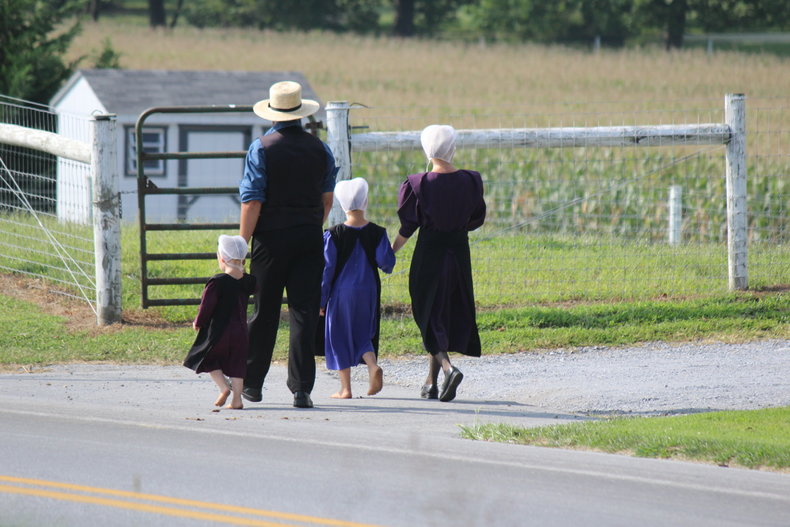

| Overview: Traditional Society | ||
Type | ||
Definition | Organized social groups that are oriented towards the past with a prominent role of tradition in shaping systems, norms and way of life. | |
Related Concepts | ||

